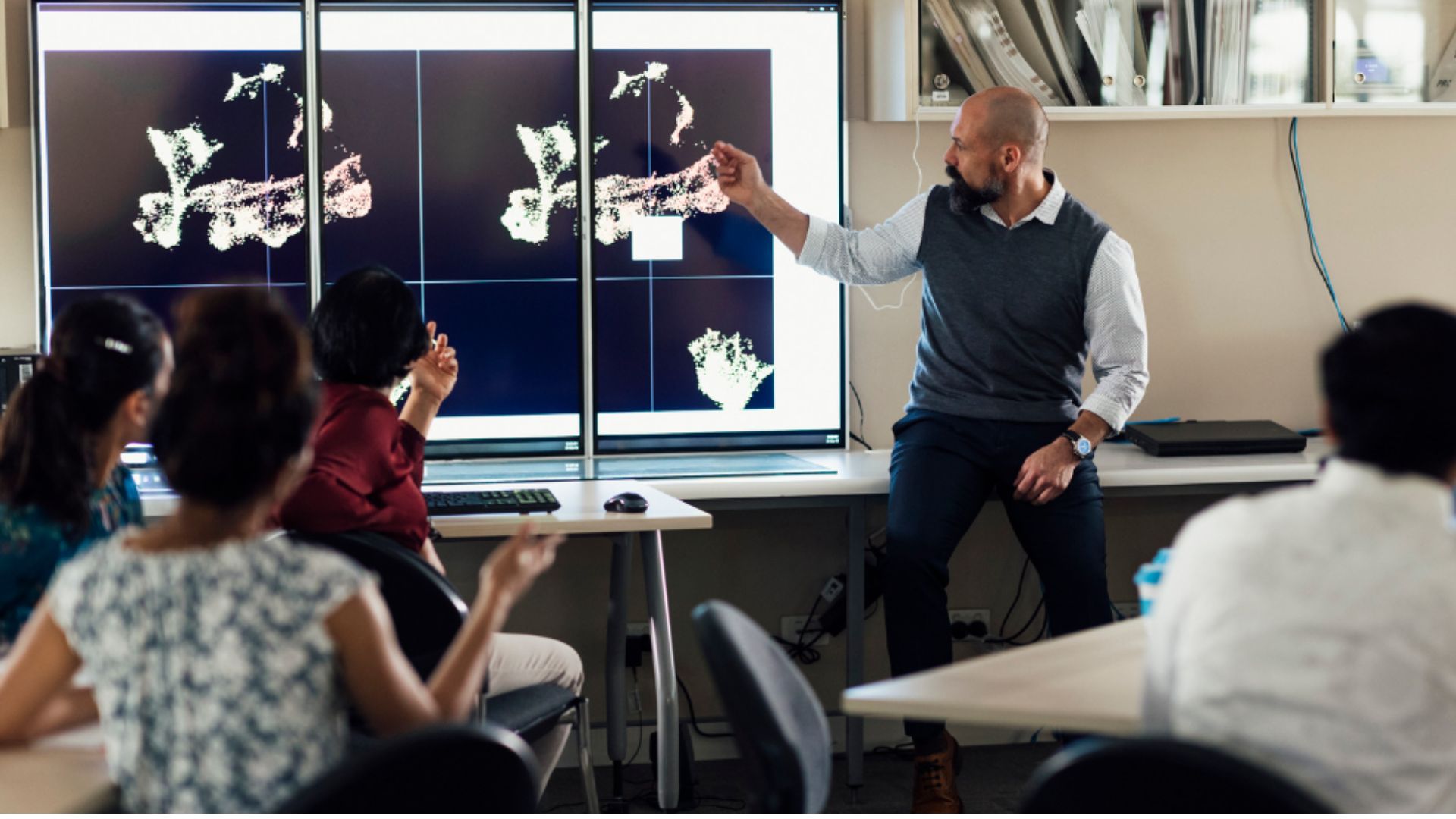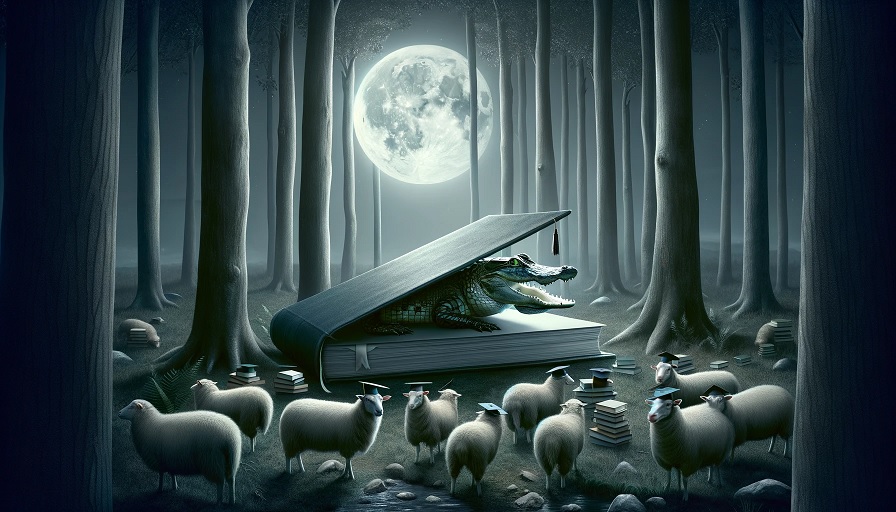Science surrounds us. It shapes our understanding of the universe, drives technological innovation, and fuels medical breakthroughs. But what exactly is science, and how does the scientific method guide us to reliable knowledge? Let’s dive in and understand how scientists build upon past discoveries and continually challenge existing ideas.
Science has real-world impact. From medicine to technology, scientific findings drive solutions to practical problems and improve our lives.
Science is an ongoing process, not a set of final truths. New discoveries constantly refine and expand what we know, meaning we must be open to revision.
The scientific method provides a reliable way to understand the world. Its emphasis on questions, evidence, and scrutiny disproves unsupported claims.
You can apply scientific thinking to your everyday life. Questioning claims, seeking reliable sources, and staying open to new evidence helps you make better decisions.
What is Science?
Science isn’t just a collection of facts. It’s a method of investigation, a systematic way of exploring the natural world. At its core, science strives to provide answers to fundamental questions like:
What causes this phenomenon? Science helps us understand the ‘why’ behind the patterns we observe in nature. Why do apples fall from trees? Why does the sky change color at sunset?
How does this work? Science explores the mechanisms behind things we see in the world, from biological processes to the workings of complex machines. How do our bodies turn food into energy? How do airplanes stay in the air?
What is this made of? Science dissects and analyzes the world around us, revealing the basic building blocks of everything from stars to cells. What elements make up a distant planet? What are the genetic components of a particular plant?
How can we predict what will happen next? Science helps us build models to understand and forecast events. Will this new medicine actually work? What will the weather be like tomorrow?
How can we use this knowledge? Science isn’t just about discovery; it’s about harnessing that knowledge. Can we make technology more efficient? Can we develop life-saving medical treatments?
Notice how each of these frames an observation as a way to generate questions we can investigate. Through careful experimentation and analysis, science continually attempts to find satisfying answers. To unravel the mysteries of the world, scientists rely on a powerful toolkit. Let’s explore this toolkit – the scientific method – a set of guiding principles that shape research and discovery.
The Scientific Method: A Roadmap for Discovery
Remember those questions science strives to answer? The scientific method gives us a framework to find those answers. Think of it like a journey with key milestones:
Observe and Wonder: Science starts with noticing something interesting – a pattern, a change, a strange occurrence. A firefly produces light. This plant appears to grow differently in direct sunlight compared to shade.
Form a Question: Our observations spark questions! Be specific: Why does the firefly glow that way? Which growing condition will be best for the plant?
Research and Explore: Before starting, it’s wise to look around! What’s already known? Find out about previous research findings on firefly bioluminescence, or how other similar plants are typically grown.
Hypothesize – Propose a Possible Answer: Based on your research, offer your best guess at the answer to your question. Maybe the firefly’s glow is a mating signal, or perhaps the plant will thrive with more sunlight.
Test and Gather Evidence: Time to design experiments and make careful new observations! What observations might tell you about firefly mating behavior? How could you test the effect of sunlight on a plant?
Analyze – Does the Evidence Fit? Did your experiment produce clear results? Does the data support your hypothesis? Perhaps the firefly seemed to glow for other reasons, or the plant didn’t thrive in sunlight.
Adjust, Refine, and Retest (if needed): Science is always flexible! If your results don’t fit your hypothesis, don’t despair. Think it through – revise your original idea, try a different experiment, or ask an entirely new question!
Share and Scrutinize: A discovery has little impact if it’s hidden away. Scientists share their results through peer-reviewed publications, where other experts examine their methods and conclusions. This process is like quality control, ensuring the findings are credible and adding to the overall body of knowledge.
Science is Always Evolving
Science is not static. It’s an ongoing process where new discoveries generate more questions. That’s a big part of its beauty – science is an endless quest for knowledge where one discovery may build the foundation for the next. Scientists understand that what they know now might be incomplete or even overturned by future findings. And that’s okay! This continual refinement is a strength, highlighting how science thrives on new evidence.
Why Does All This Matter?
The scientific method gives us a way to find reliable answers about the world, even with all its complexity. Its emphasis on experimentation and rigorous analysis gives us a reliable tool to develop technology, make informed decisions about medicine, and navigate the world around us with confidence. As society faces problems – whether that’s tackling pollution or preventing disease – science and its principles offer a beacon of hope in the search for solutions.
Science in Your Everyday Life
You don’t need to be in a lab coat to have a scientific outlook. Even asking simple questions and searching for evidence-based answers helps you apply scientific thinking to your own life. From fad diets to catchy product slogans, how do we cut through the confusion? A dash of the scientific mindset gives you the tools:
Ask Those Questions: Just like in the lab, when someone makes a bold claim – about health, nutrition, product effectiveness – start with those same good questions: How do they know this? What evidence are their claims based on?
Seek Out Credible Sources: Was a claim based on a well-designed study? Or did it come from someone’s blog? Are the people sharing the information experts in that particular field?
Multiple Views Matter: Has the claim been evaluated by other scientists? Remember, individual studies can sometimes be a fluke. That’s why replication and consensus from the broader scientific community are so important.
Open Minds Keep Us Learning: Science is never done! While it gives us the most reliable info we have, new findings can alter our understanding. It’s okay to change your mind when better evidence becomes available. That’s how progress is made!
A healthy dose of curiosity and skepticism—two hallmarks of the scientific spirit—help us separate good information from misinformation.
Remember, that having a scientific outlook isn’t about rejecting all tradition or blindly following authority. It’s about seeking the best information available to help us make the best decisions for ourselves and for our world.




